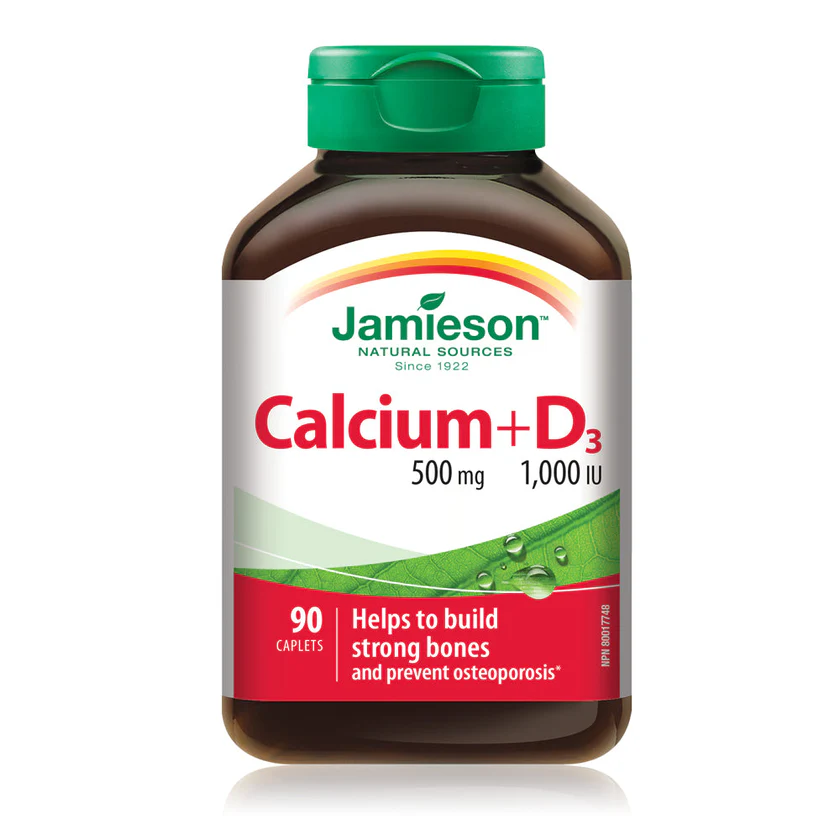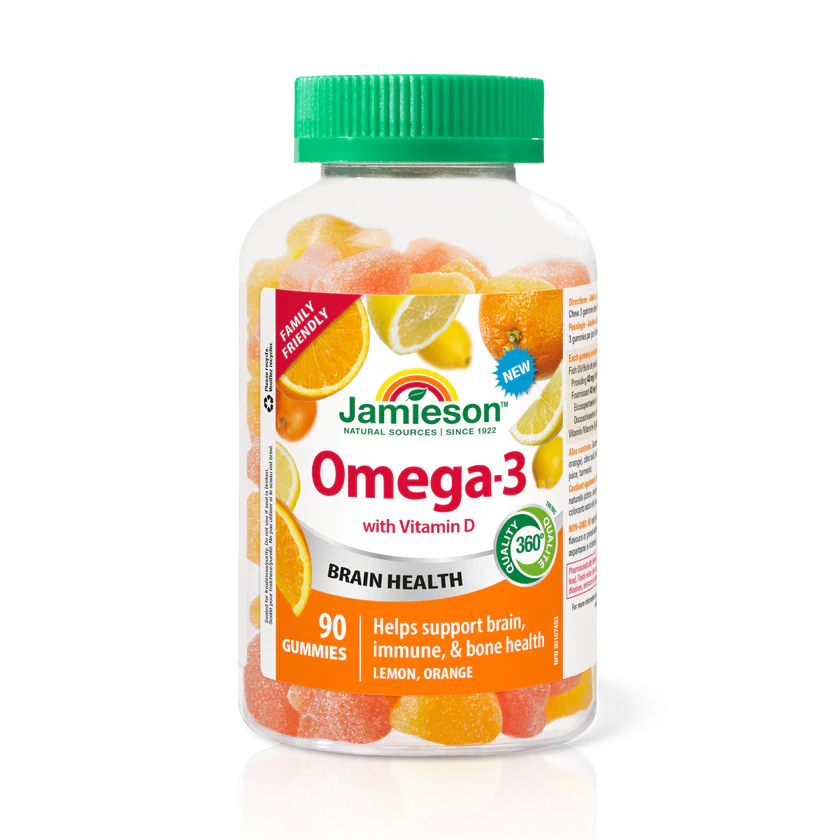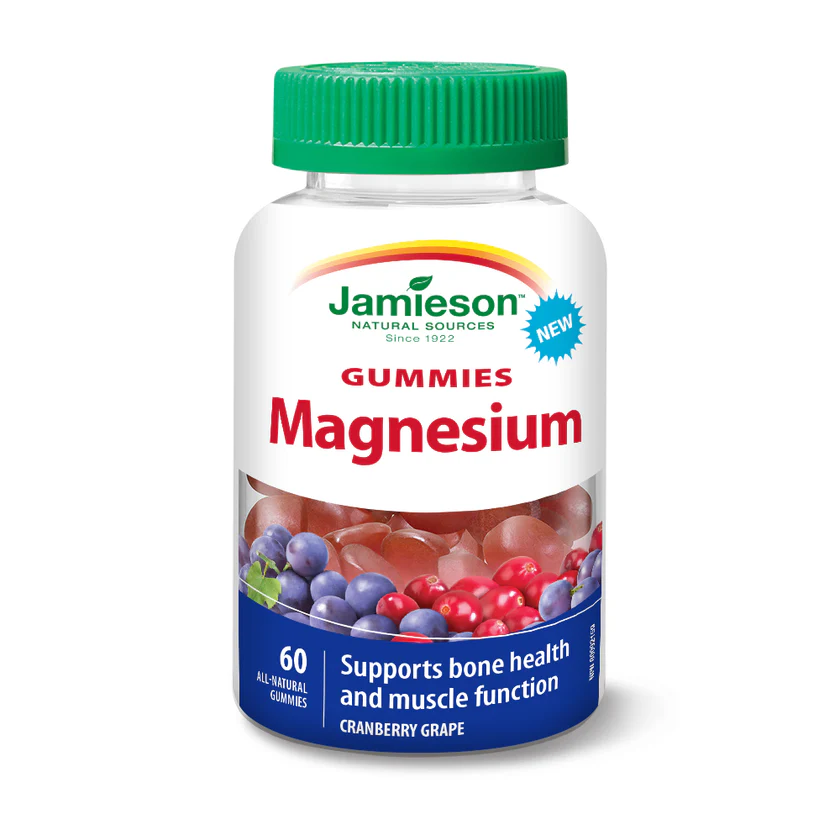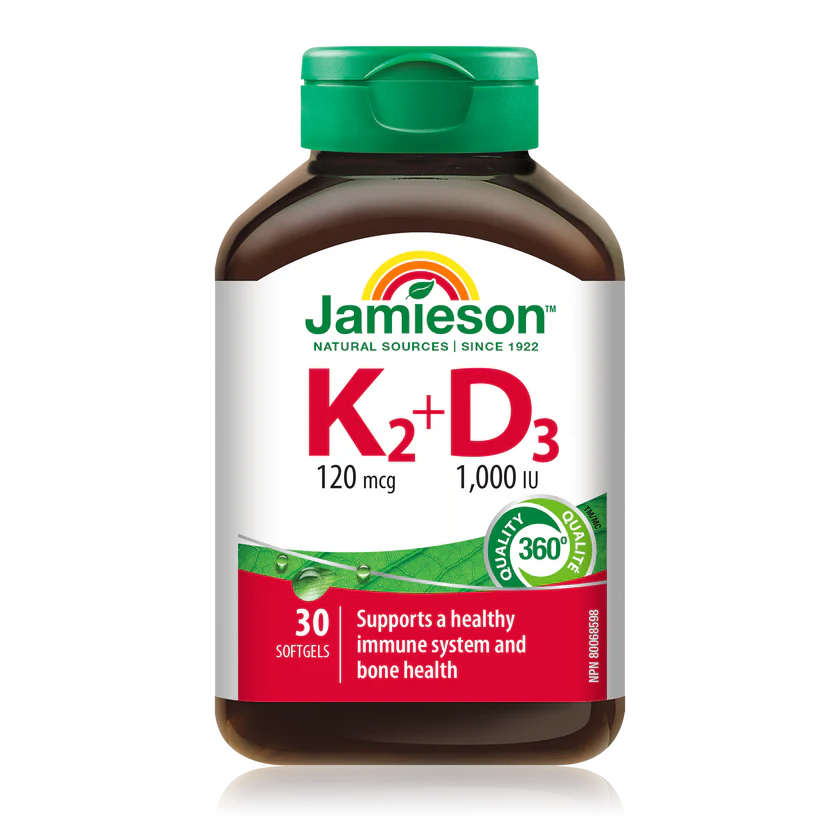



Best Supplements for a Healthy Life
Certain supplements can help support overall health, address specific age-related concerns, and fill potential nutritional gaps. While it’s always best to get your nutrients from a balanced diet, supplements can be useful for ensuring you meet your nutritional needs. Here’s a guide to the best supplements for individuals:
1. Vitamin D
Why It’s Important: Vitamin D is crucial for bone health, immune function, and overall well-being. As you age, your skin’s ability to produce vitamin D from sunlight decreases, and dietary sources may not always be sufficient.
Recommended Dosage: 600-800 IU daily, but some individuals may need higher doses based on blood levels and geographic location. Always consult with a healthcare provider before starting higher doses.
Sources: Vitamin D3 supplements are generally preferred over D2 due to better absorption.
2. Calcium
Why It’s Important: Calcium supports bone health and helps prevent osteoporosis, which is a concern as bone density naturally decreases with age.
Recommended Dosage: 1,000 mg daily for women and 1,200 mg for men. Ensure you get calcium from dietary sources first, and use supplements if necessary to meet your daily needs.
Sources: Calcium citrate is often recommended as it’s easier to absorb and less likely to cause digestive issues compared to calcium carbonate.
3. Omega-3 Fatty Acids
Why It’s Important: Omega-3s support heart health, reduce inflammation, and may improve cognitive function. They are beneficial for managing cholesterol levels and supporting joint health.
Recommended Dosage: 1,000-2,000 mg of EPA and DHA combined per day.
Sources: Fish oil supplements or algae-based supplements for vegetarians and vegans.
4. Magnesium
Why It’s Important: Magnesium supports muscle and nerve function, helps regulate blood sugar levels, and aids in bone health. It can also help with sleep quality and muscle cramps.
Recommended Dosage: 310-320 mg daily for women and 400-420 mg daily for men.
Sources: Magnesium citrate or magnesium glycinate are well-absorbed forms of the mineral.
5. Vitamin B12
Why It’s Important: Vitamin B12 is crucial for nerve function, red blood cell production, and DNA synthesis. Absorption can decrease with age, making supplementation important for maintaining energy levels and cognitive function.
Recommended Dosage: 2.4 mcg daily, though higher doses may be necessary for those with absorption issues.
Sources: Methylcobalamin or cyanocobalamin supplements are effective.
6. Coenzyme Q10 (CoQ10)
Why It’s Important: CoQ10 supports heart health, energy production, and may have antioxidant properties. Levels of CoQ10 decrease with age, so supplementation can help maintain cellular energy and cardiovascular health.
Recommended Dosage: 100-200 mg daily.
Sources: Ubiquinol (the reduced form) is more bioavailable than ubiquinone.
7. Probiotics
Why It’s Important: Probiotics support digestive health, immune function, and may help balance gut microbiota, which can become less diverse with age.
Recommended Dosage: 1-10 billion CFUs daily, depending on the strain and health needs.
Sources: Look for supplements with multiple strains of bacteria, such as Lactobacillus and Bifidobacterium.
8. Turmeric/Curcumin
Why It’s Important: Turmeric contains curcumin, which has anti-inflammatory and antioxidant properties. It may help with joint health and reduce the risk of chronic diseases.
Recommended Dosage: 500-1,000 mg of curcumin daily, preferably with black pepper extract (piperine) to enhance absorption.
Sources: Curcumin supplements with added black pepper or piperine for better bioavailability.
9. Vitamin K2
Why It’s Important: Vitamin K2 plays a role in calcium metabolism and bone health by directing calcium to the bones and teeth and away from the arteries.
Recommended Dosage: 90-120 mcg daily.
Sources: Vitamin K2 (MK-7) supplements are more effective and have a longer half-life than K1.
10. Multivitamin
Why It’s Important: A high-quality multivitamin can help fill any gaps in your diet, providing a broad range of essential vitamins and minerals.
Recommended Dosage: Follow the dosage instructions on the label, and choose a multivitamin formulated for individuals over 50.
Sources: Opt for multivitamins without excessive amounts of certain nutrients and that are specifically tailored for your age group.
Considerations Before Starting Supplements
- Consult Your Healthcare Provider: Always talk to your doctor before starting new supplements, especially if you have existing health conditions or are taking medications.
- Quality Matters: Choose supplements from reputable brands that have undergone third-party testing for purity and potency.
- Balance with Diet: Supplements should complement a healthy diet, not replace it. Aim to get most of your nutrients from whole foods.
Conclusion
Focusing on supplements that support bone health, cardiovascular health, cognitive function, and overall well-being can help you maintain optimal health and quality of life. By incorporating these supplements thoughtfully and in consultation with your healthcare provider, you can address age-related concerns and support your body’s changing needs effectively.



























